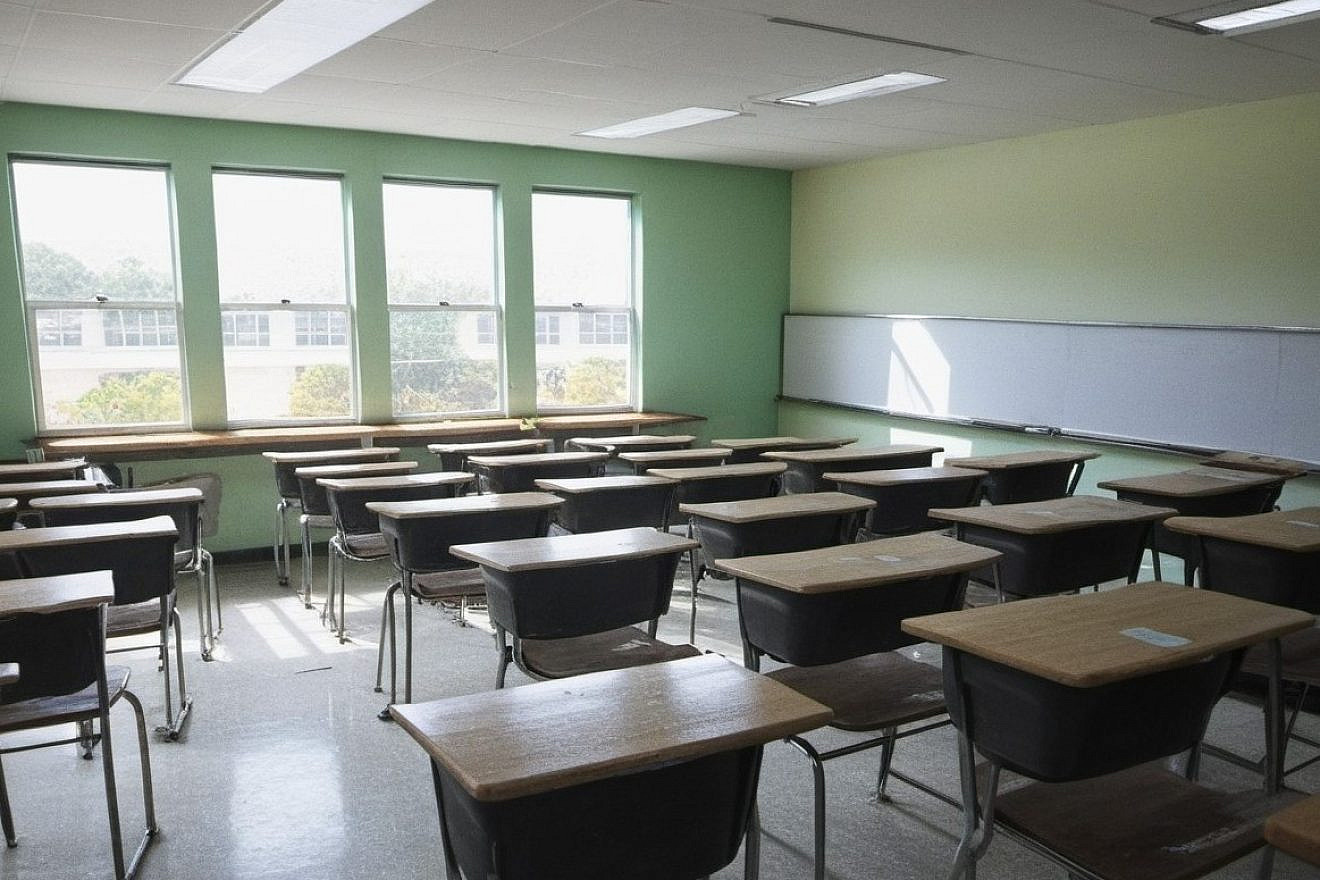In recent years there has been growing concern over the infiltration of critical social justice ideology into K-12 public schools and its correlation with rising antisemitism.
While critical social justice frameworks aim to address systemic inequalities, their implementation typically leads to unintended consequences, including the reinforcement of antisemitic stereotypes and attitudes. Administrations and school boards across the country must examine this complex intersection and take measures to combat it.
If they do so, I believe they would conclude that critical social justice programs must be eliminated.
Critical social justice in education is rooted in the belief that societal structures perpetuate inequities based on such factors as race, gender, sexuality and socioeconomic status. Advocates argue for an examination of power dynamics and the dismantling of oppressive systems to achieve social justice. While the intentions behind this approach may be noble, it is fundamentally flawed; mainly because the world is too complex to be simplistically divided into two categories—oppressed and oppressor. Nor are those casting judgment on who belongs in these categories qualified to serve as judge or jury.
Worse still, under the oppressor/oppressed framework, Jews are often categorized as oppressors due to their perceived socioeconomic privilege. This disregards historical and contemporary experiences of antisemitism.
In an effort to prioritize the narratives of historically marginalized groups, critical social justice education erases or minimizes Jews and the Jewish experience. This not only perpetuates ignorance but also creates fertile ground for the propagation of antisemitic stereotypes. Moreover, to act as if the Jews have never been hated or oppressed is to propagate a lie of historic proportions. We should not teach our children lies under any circumstances.
Because of their simplistic understanding of power dynamics, critical social justice frameworks frequently fail to recognize the complexities of Jewish identity. Jews, like any other ethnic or religious group, encompass a diverse range of experiences, including those of marginalization and persecution. Ignoring this complexity erases Jewish voices and experiences in educational spaces.
Intersectionality, a concept central to critical social justice, theorizes that all forms of oppression are interrelated. In practice, however, it is weaponized against Jews, particularly in discussions of the Israeli-Palestinian conflict.
Critics have convincingly argued that critical social justice education is consciously biased against Israel and that its advocacy of Palestinian nationalism frequently crosses the line into antisemitism, demonizing Jews and denying their right to self-determination as a people. Students are sometimes taught that any support for Israel is inherently oppressive, which is a defamation of Jewish identity that perpetuates antisemitic tropes. Jewish students who express support for Israel or question anti-Israel narratives often face ostracism and hostility, creating a hostile environment that stifles diverse perspectives. This is unacceptable in any educational environment.
Moreover, the Boycott, Divestment and Sanctions (BDS) movement is often championed in critical social justice spaces. This movement has been credibly accused of promoting antisemitism through the double standard of singling out Israel for condemnation while ignoring much more serious human rights abuses in other countries. By aligning with BDS and similar movements, educational institutions risk legitimizing antisemitic discourse and alienating Jewish students and faculty.
To combat the intersection of critical social justice and antisemitism in K-12 education, several steps must be taken:
- Schools must incorporate accurate and nuanced curricula on Jewish history, culture and experiences. This includes addressing the complexities of antisemitism and combating antisemitic stereotypes.
- Critical social justice education should be completely reimagined or eliminated. Whatever remains should reject theories of intersectionality and adopt a more nuanced understanding that recognizes the diversity of Jewish identities and experiences. Jewish voices must be included and valued in discussions of oppression and social justice. If they are not, critical social justice frameworks should be completely eliminated from educational settings.
- Educational institutions must implement robust measures to identify and address antisemitic incidents promptly. This includes training staff and providing resources to students that will help them recognize and combat antisemitic attitudes and behaviors. Institutions must also officially adopt the International Holocaust Remembrance Alliance (IHRA)’s definition of antisemitism.
- Schools should create spaces for constructive dialogue and debate on issues related to Israel. Encouraging respectful discourse and diverse perspectives can help counteract polarization and hostility.
Critical social justice educational philosophy has failed to promote criticism or social justice in K-12 education. It has been implemented without careful consideration of its implications and has contributed to the proliferation of antisemitism. By centering Jewish perspectives and actively combating antisemitism, educational institutions can work towards creating inclusive environments that uphold the values of genuine social justice. Hate should not be tolerated, nor should critical social justice ideology’s inherent antisemitism.


























